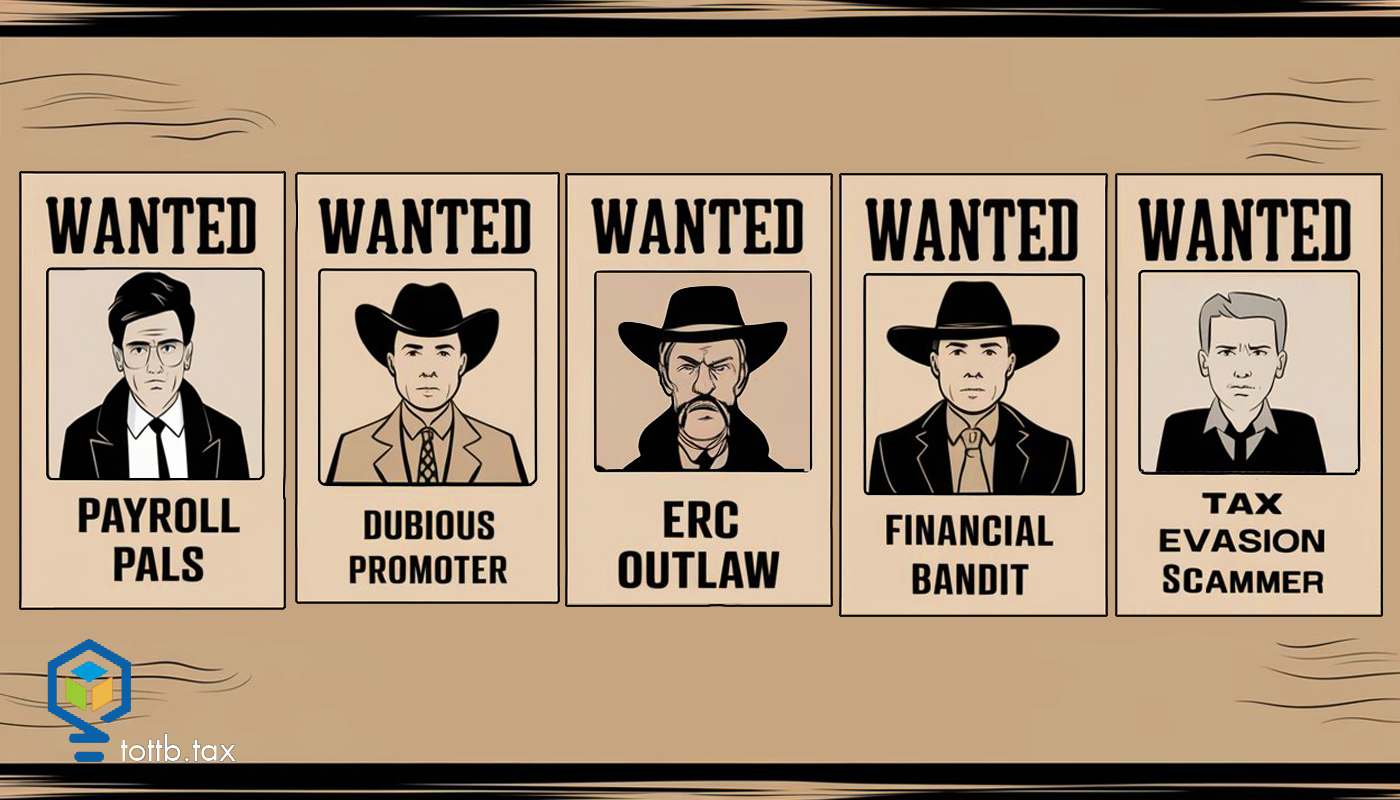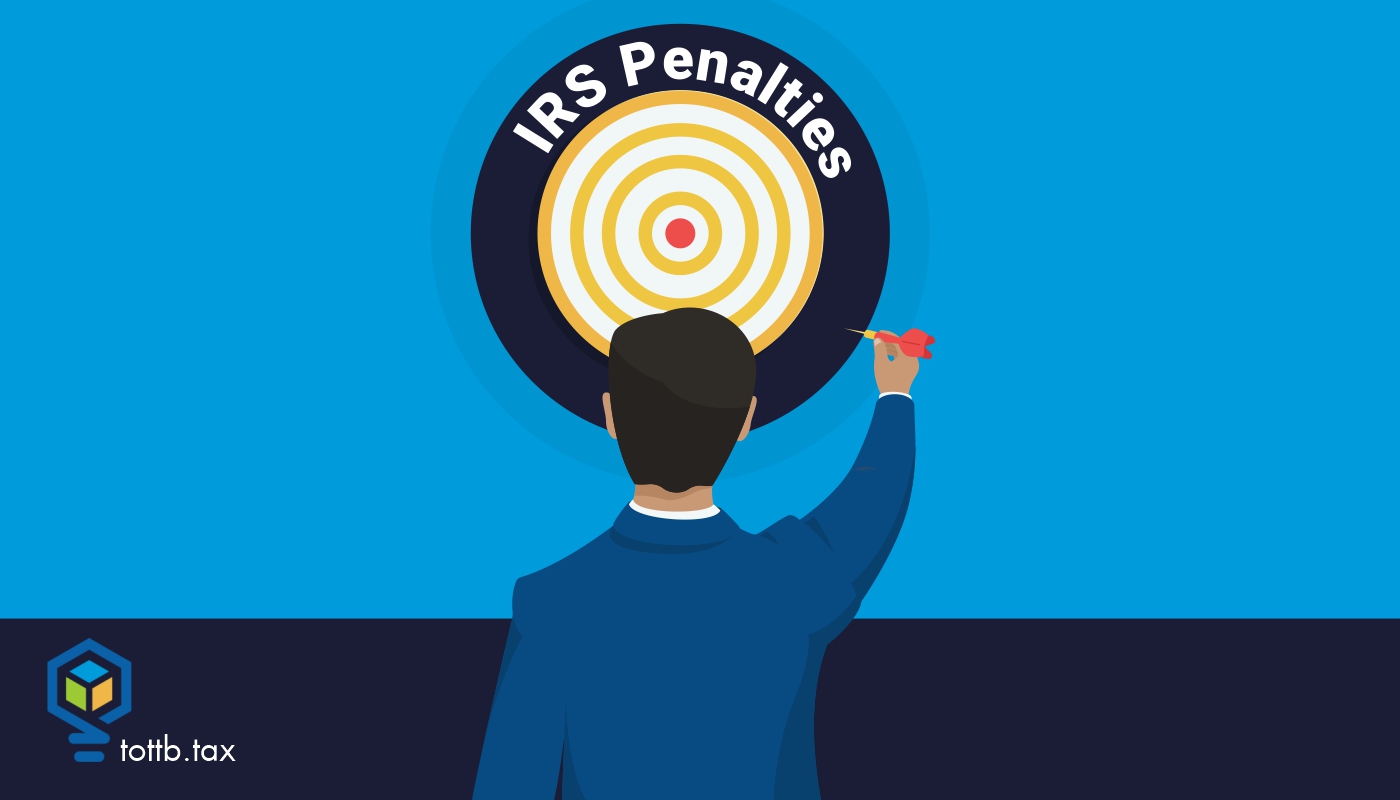CURRENT EDITION

Year-End Tax Planning Under the One Big Beautiful Bill Act (OBBBA)
The One Big Beautiful Bill Act (OBBBA), signed into law on July 4, 2025, doesn’t reinvent the tax code it refines it. Much like its predecessor, the Tax Cuts and Jobs Act (TCJA), it keeps many familiar provisions in play: lower rates, expanded SALT flexibility, and broader deductions. But here’s the real story: While most tax pros are busy memorizing what stayed the same, the planners who will win 2025 are the ones spotting what just became possible. OBBBA quietly opens a handful of powerful new planning windows — each one capable of delivering real, measurable savings for the right client. The key is knowing which changes are worth your time… and which are just political garnish. Below, we’ve curated the most strategic, high-impact moves to make before year-end 2025, the ones that separate the advisors who explain the law from those who leverage it. Most tax pros will stop at what changed. The smart ones will keep reading to learn how to use it.
READ MOREThe Wild West of Employee Retention Credits (ERC): Outlaws, Deputies, and Cowboys
Gather 'round, pardners! The Employee Retention Credit (ERC) has been the latest gold rush in the tax frontier, drawing business owners, tax deputies, and even a few sly outlaws. But as the dust settles, the IRS—our law keeping sheriff—is on the hunt for any who might’ve bent the rules. In this frontier of finance, knowing who’s who can keep you out of trouble as the IRS rounds up dubious claims.
Read MoreSelected Techniques to Monetize Tax Attributes
In the prior article "Tax Trends in M&A and What It Means for Your Clients," we had discussed certain techniques to, e.g., maximize net operating loss (“NOL”) and interest expense deduction utilization in the context of M&A transactions. This article examines certain additional strategies to monetize expiring, latent, or otherwise disallowed tax attributes.
Read MoreDo Those Tricks Really Work?
On the website for Axium Wealth, Charles Dombek tells us that: “Most CPAs are historians that tell their clients how much they make, how much they owe, when and where to file their taxes, and oftentimes how to write large checks at the last minute when you least expect.” When it comes to Axium, though: “We help clients recover dollars they unnecessarily pay in State and Federal income taxes.” Axium also helps clients diversify capital into off-market passive real estate and alternative investments. Before Axium, there was The Optimal-Financial Group LLC. Of course many of the readers of Think Outside The Tax Box are CPAs, or EAs or others who both help their clients be compliant and advise on ways to minimize their liability. When I was practicing I would call the things I might suggest my “bag of tricks.”
Read MoreTAX COURT ROUNDUP – November 2024
It's been said that the United States Tax Court is "a vital cog in the financial machinery of the country," and October proved that point yet again.
Read MoreEditor’s Pick: The Future of Digital Product Taxation—What Tax Professionals Need to Know
As states increasingly focus on taxing digital products, tax professionals need to be aware of how these changes will affect their clients and businesses. The Multistate Tax Commission (MTC) is at the forefront of efforts to create more uniform approaches to taxing digital goods, and their proposals could have far-reaching consequences for compliance, pricing strategies, and audit risks. Here’s a breakdown of the major proposals under consideration and how they will impact sellers of digital products—and the tax professionals advising them.
Read MoreStriking a Balance: Pitching to the Umpires of Tax Law – Understanding US Tax Court Judges through the Art of Baseball Analogies
In this fascinatingly original article, we explore the striking parallels between America's pastime and the high-stakes world of tax litigation. Prepare to be surprised as we reveal the hidden connections between the umpires of the diamond and the judges of the Tax Court. From the precise strike zones of regular judges to the veteran expertise of senior judges, and the specialized skills of special trial judges, you'll gain a newfound appreciation for the officials who keep the game of tax law fair and balanced.
Read MoreDodging the IRS Penalty Flag: Avoiding the Accuracy-Related Penalty
A penalty specifically for taxpayers who have made a mistake on their return. That's how I explain the accuracy related penalty to taxpayers. This penalty carries a punch as well, with 20% of the tax the IRS didn't receive due to the taxpayer making a mistake. This seems harsh out of context. The reason for this harshness is because the IRS considers these "mistakes" to be intentional due to taxpayer negligence. This is one of the reasons at my firm that we encourage our clients to take their time when filling out the intake form and gathering their documents. Omitting an income document can be costly in the end to both you and your client. The IRS will hit your client with penalties that they could have avoided, and you may compromise the integrity of your firm.
Read MoreTalking Taxes and Money With New Graduates
Clients who recently graduated college brim with enthusiasm for adult life. If they’re like most other adults, they’re less enthusiastic about tax strategies and probably don’t know much about grown ups’ taxes. Some might not even know filing deadlines and may never have filed a 1040. Withholding, deductions and dependency, saving for retirement and lowering taxable income: It’s always difficult to realize all that others don’t know about taxes, and here’s how to continue these young clients’ education.
Read MoreNOT A MEMBER YET?

SUBSCRIBE TO GET ALL OF OUR
GREAT ARTICLES AND RESOURCES!
CURRENT EDITION

Year-End Tax Planning Under the One Big Beautiful Bill Act (OBBBA)
The One Big Beautiful Bill Act (OBBBA), signed into law on July 4, 2025, doesn’t reinvent the tax code it refines it. Much like its predecessor, the Tax Cuts and Jobs Act (TCJA), it keeps many familiar provisions in play: lower rates, expanded SALT flexibility, and broader deductions. But here’s the real story: While most tax pros are busy memorizing what stayed the same, the planners who will win 2025 are the ones spotting what just became possible. OBBBA quietly opens a handful of powerful new planning windows — each one capable of delivering real, measurable savings for the right client. The key is knowing which changes are worth your time… and which are just political garnish. Below, we’ve curated the most strategic, high-impact moves to make before year-end 2025, the ones that separate the advisors who explain the law from those who leverage it. Most tax pros will stop at what changed. The smart ones will keep reading to learn how to use it.

Timing is Everything: A Conversation Between a Tax Pro and Client
The new permanent bonus depreciation regime will bring back the old playbook: lever up to buy a rental property and bonus depreciate everything under the sun. But the tax savvy general partners know that WHEN to depreciate is just as important as how to depreciate.

Student Loans After the OBBBA Part 2: Helping Clients Navigate the New Landscape
As the federal student loan system enters a new era, advisors are tasked with helping clients navigate the practical implications of recent reforms. The One Big Beautiful Bill Act (OBBBA) has redefined borrowing limits and repayment options, creating fresh challenges for borrowers at every stage of higher education. Whether clients are weighing school choices or managing existing student debt, understanding these updates is key to providing informed financial guidance. In Part 2 of our OBBBA student loan series, we explore how these changes could play out for common borrower situations and what advisors should be aware of to confidently guide clients through the post-OBBBA student loan landscape.









